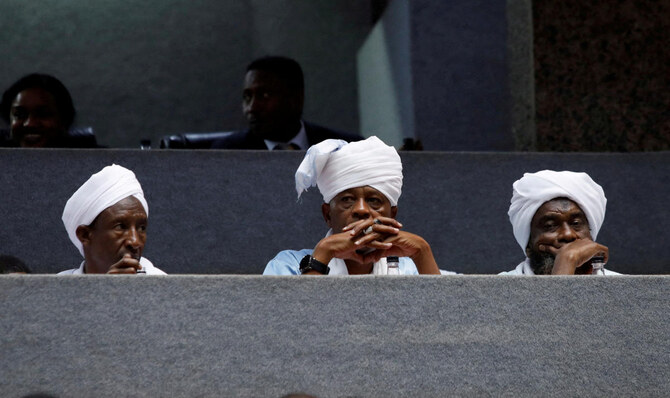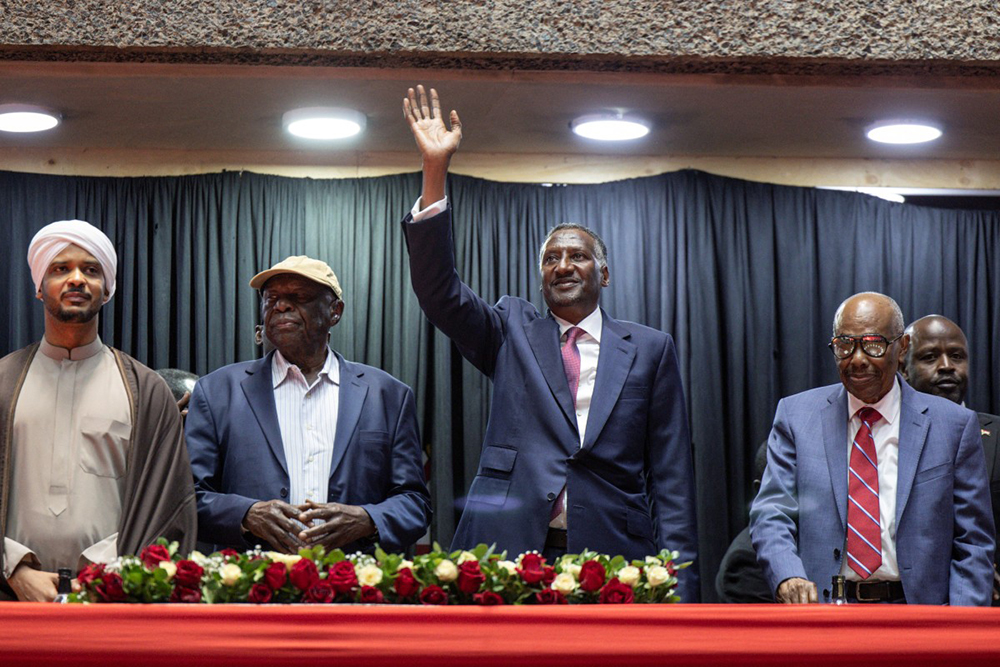Egypt has firmly rejected efforts to establish a rival government in Sudan, cautioning that such actions could jeopardise the country’s unity, sovereignty, and territorial integrity, the Egyptian Foreign Ministry said in a statement on Sunday, March 2, 2025.
For nearly two years, Sudan has been engulfed in a brutal conflict between the national army and the paramilitary Rapid Support Forces (RSF), leading to what the United Nations describes as one of the worst humanitarian disasters in recent history.
Last week, the RSF and its allies signed a charter in Kenya, declaring the formation of a government of peace and unity in territories under their control.
However, Egypt strongly opposed the move, stating that it complicates the situation in Sudan, hinders ongoing efforts to unify political visions, and exacerbates the humanitarian crisis.
The foreign ministry urged all Sudanese factions to prioritise national interests and participate in a comprehensive political peace process without external interference.

Egyptian Foreign Minister Badr Abdelatty had earlier reaffirmed Cairo’s stance during a joint press conference with Sudanese counterpart Ali Youssef, saying, “Sudan’s territorial integrity is a red line for Egypt” and denouncing any alternative structures outside the official framework.
The RSF’s bid to establish a rival administration has drawn widespread condemnation.
UN Secretary-General António Guterres warned it would further deepen Sudan’s fragmentation, while Saudi Arabia, a key mediator in previous ceasefire talks, rejected the move, calling it an illegal measure taken outside the framework of official institutions.
Kuwait and Qatar have also echoed concerns, reaffirming their support for Sudan’s unity.
However, the United Arab Emirates, which has been accused of supplying weapons to the RSF—a claim it denies—has yet to comment on the situation.


 Trending
Trending 